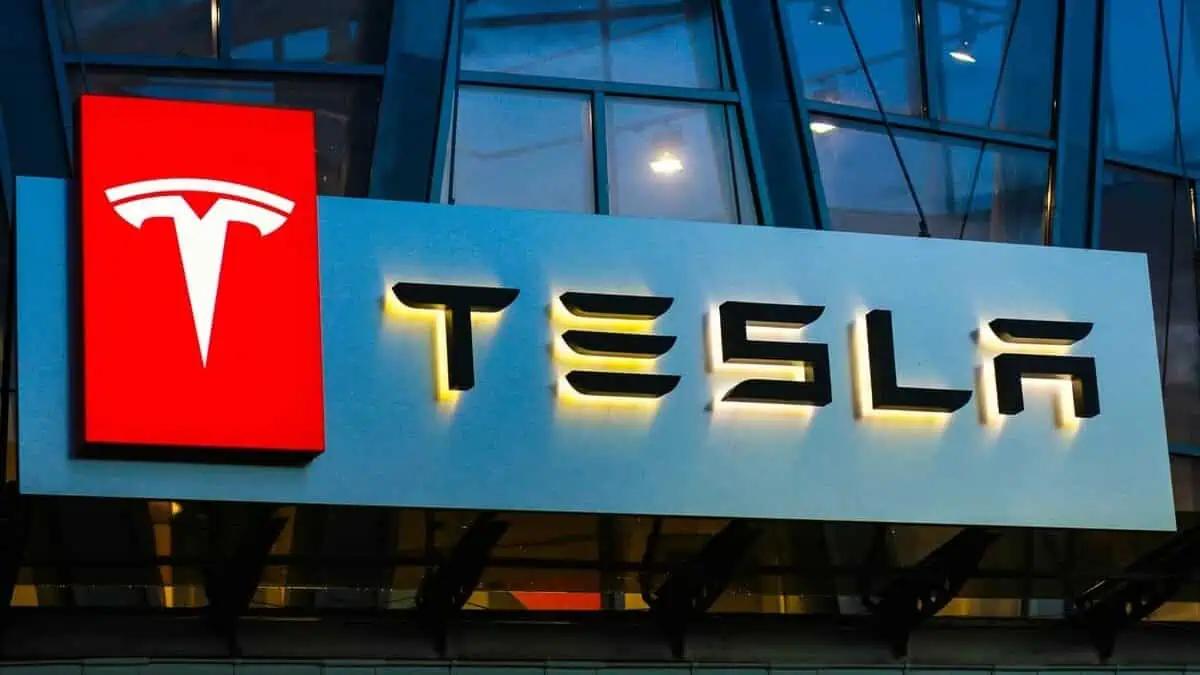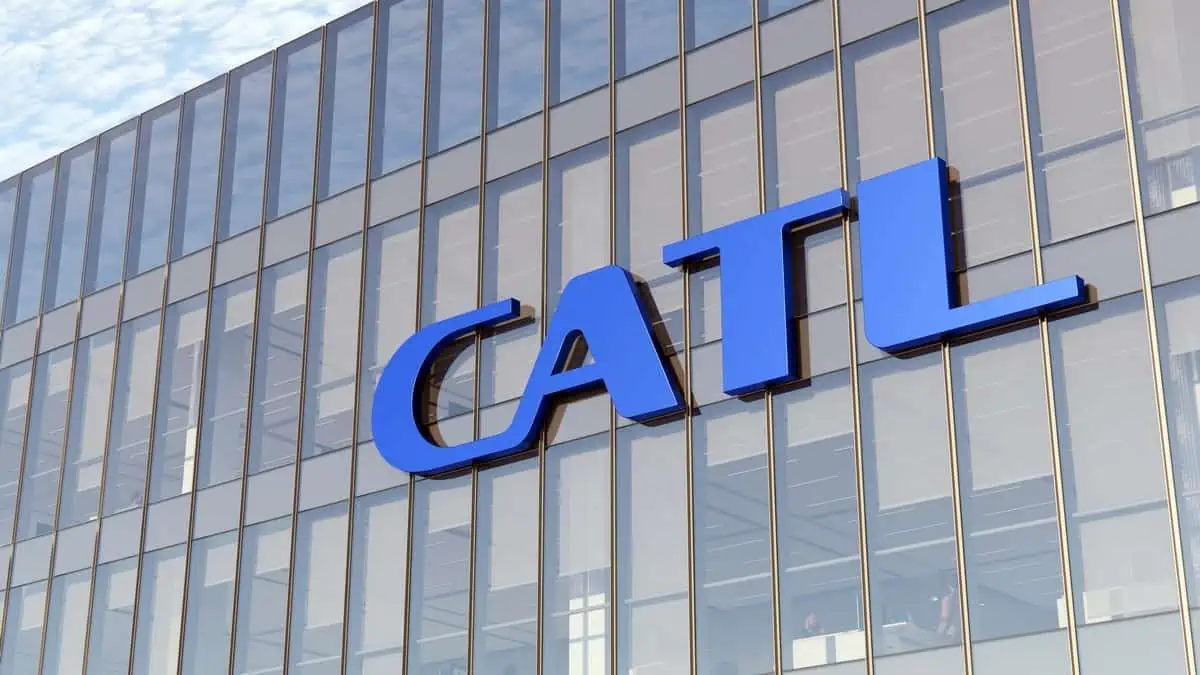Tesla Chief Executive Elon Musk has just changed his stance on the Chinese electric vehicle import tariff on Thursday, saying that he now opposes the US government’s latest measure to protect the domestic industry.
Musk previously warned of Chinese dominance without barriers
The Tesla boss warned in January that governments must take necessary actions so that Chinese electric automakers would not “demolish” their global counterparts.
“If there are no trade barriers established, they will pretty much demolish most other car companies in the world.”
Tesla CEO Elon Musk said in a post-earnings analyst call at the start of the year
Aligning with the Tesla boss’ suggestion, the US government officially imposed a major tariff hike, reaching as high as 100%, on Chinese electric vehicle imports.
Interestingly, the American billionaire opposed his own idea. According to Reuters, Tesla Chief Musk told tech investors via video link during the Viva Technology conference in Paris that he does not favor measures that distort the EV market.
“Neither Tesla nor I asked for these tariffs, in fact I was surprised when they were announced. Things that inhibit freedom of exchange or distort the market are not good.”
Tesla CEO Elon Musk
Tesla already competitive in China, Musk says
Despite his previous remarks about curbing Chinese players’ dominance, CEO Musk is now saying that tariffs are not the ideal measure for the US government to do so.
The Tesla boss even noted that Tesla China already has a competitive position in the world’s largest automotive market, even without tariffs and relevant support.
“Tesla competes quite well in the market in China with no tariffs and no deferential support. I’m in favor of no tariffs.”
Tesla CEO Elon Musk
Notably, it is not the first time the Tesla boss has discussed tariff programs between the world’s two largest economies. In April 2018, he asserted that the Chinese government’s plan to reduce import tariffs was a “very important action” that would help avoid a trade war.
Moreover, the Trump Administration announced plans to set tariffs on car components in 2020, which the electric vehicle giant challenged in court.






